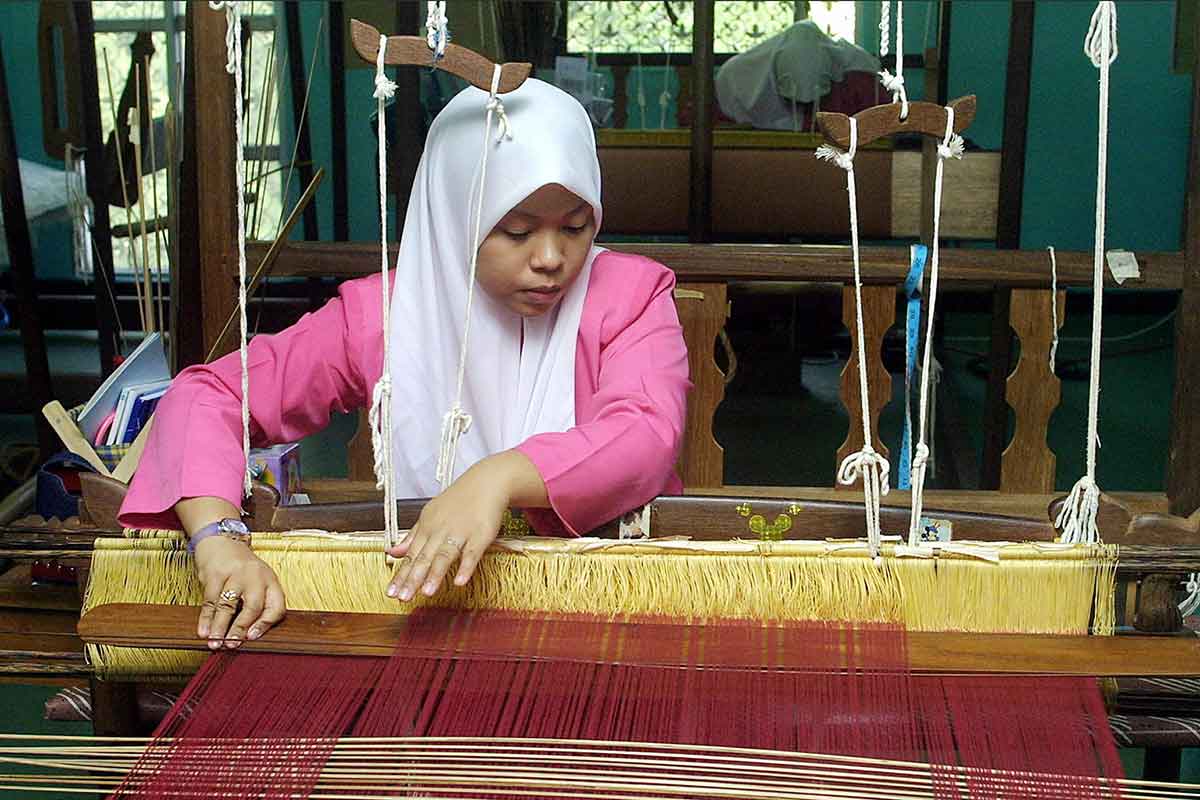Brunei Vision 2035 (Wawasan Brunei 2035) is a developmental framework that was first formulated in 2004 by the country’s monarch, Sultan Hassanal Bolkiah. This project aims to propel the country to greater heights on many fronts. When measured by the highest international standards, Brunei Vision 2035 looks to build a citizenry that is not only well-educated but highly-skilled. This is in line with developing a dynamic and sustainable economy with an income per capita that is comparable to other top nations across the globe.
One of the key components of this vision is the application of Information Technology (IT) throughout the country. This is carried out through the Digital Government Strategy 2015-2020 which is in line with ASEAN’s digitalisation process. Such a situation bodes well with the current reality that is the Fourth Industrial Revolution. Through its digitalisation efforts, Brunei looks to foster better relationships with stakeholders in the country. The widespread implementation of IT mechanisms in Brunei will enable the seamless flow of information across the government, citizens, and businesses which will then lead to greater transparency and better insights for informed decision making. It is also hoped that a greater sense of digital accountability is imparted on the Bruneian public.
According to the Digital in 2017 Global Overview report from Hootsuite, a social media management platform, Brunei leads Southeast Asia in terms of internet penetration at 86 percent with Singapore close behind at 82 percent (as of Q1 2017). Brunei also has the third highest social media penetration in the world with 370,000 users which is 86 percent of the total population. This figure is impressive when one considers the regional average is 47 percent and the global average 37 percent. Based on its internet penetration rate which has a similar percentage, it seems that everyone who uses the World Wide Web is on social media as well in the oil-rich country. What could be implied here is that Brunei is tech savvy with the potential to develop beyond its current status quo.

Source: Digital Government Strategy 2015-2020, Brunei
The Bruneian government will continue to carry out its capacity building programmes to enhance public sector IT expertise. Data and analytics will facilitate decision making by the government there. The streamlining of business processes is also a key consideration within Brunei’s digital economy plans. The people of a specific country will always remain the cogs in the machine, key gears to the implementation of any tech-based operations. It is essential to foster a forward-thinking mind set and collaborative culture, which is hoped to be established through Brunei’s Vision 2035. With a knowledge driven economy now established, Sultan Bolkiah’s government has to be acceptive to the explosive growth of data by structuring, describing, and governing information assets that can be used to generate insights that help in policy making.
Cyber security is a crucial point that has to be addressed by governments the world over. Such a move is pertinent to Brunei as the country has been victim to cyberattacks for the past couple of years. In combating this growing threat, IT security firm, IT Protective Security Services (ITPSS) has increased its efforts in creating awareness of the problem to the public. ITPSS is also hopeful that substantial investments will be made by the government in dealing with this pressing concern. Chief Executive Officer (CEO) of ITPSS/BruCERT, Shamsul Bahri Haji Khamis said, “technology, while important and even critical in efforts to mitigate threats from cyberspace, cannot be the end objective.” Through Brunei Vision 2035, the idea is to mould a citizenry that is digitally responsible and aware of the insidious threats that take the form of a digital thrust.
From the outside, it looks like Brunei has it covered. Being a country blessed with vast reserves of petroleum, it now looks to build and grow other sectors of its economy that may have been relatively dormant in the past. Such a step is necessary with Sultan Bolkiah’s efforts being admired by many in the region and beyond.
This article was first published by The ASEAN Post on 6 May 2018 and has been updated to reflect the latest data.
Related articles:
Brunei is looking to diversify
Brunei is diversifying its energy sources in line with Wawasan Brunei 2035
